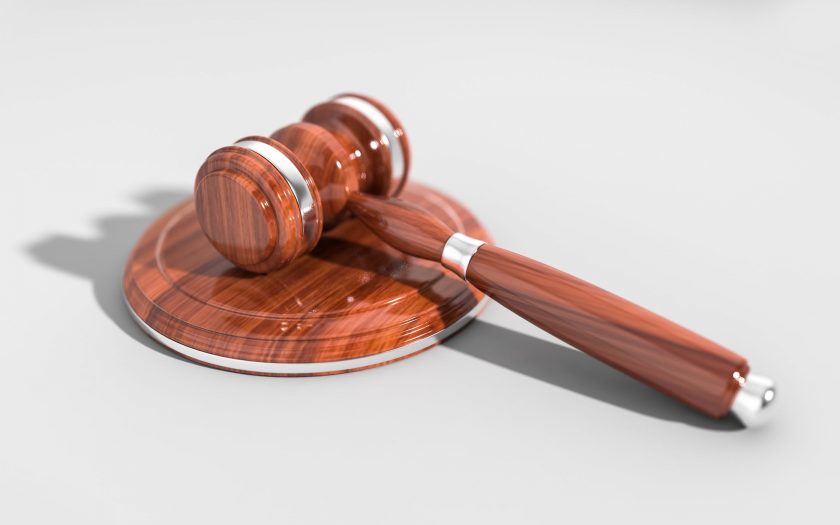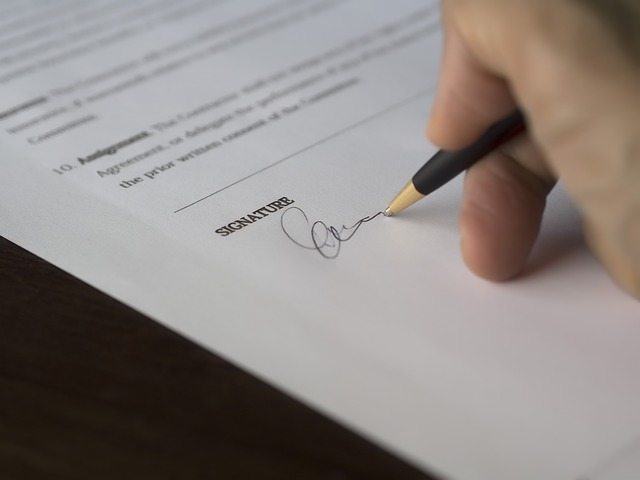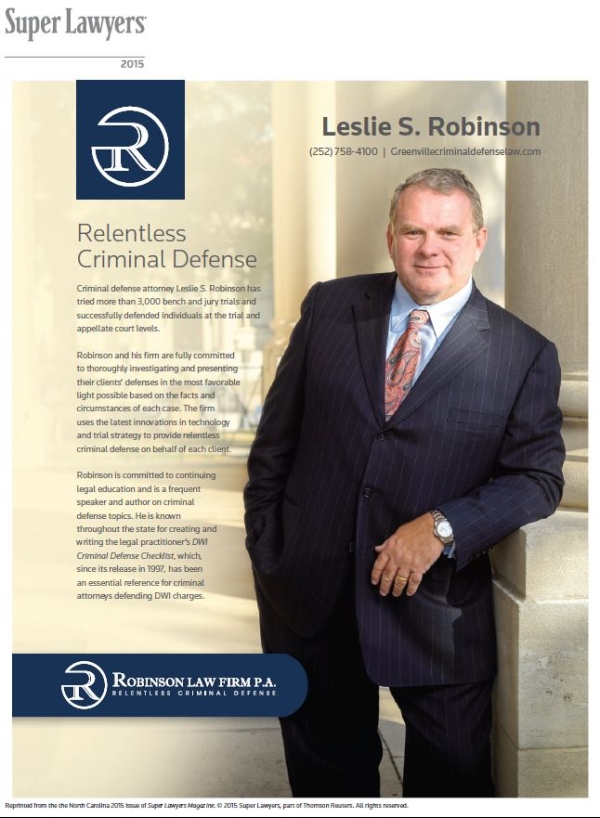Top Tips for Maximizing Your Personal Injury Claim
Accidents can happen when you least expect them. Whether it’s a slip and fall, a car accident, or another unfortunate event, the aftermath can be overwhelming. Navigating a personal injury claim may feel daunting, but understanding how to maximize your compensation is crucial. The right steps taken early on can significantly impact the outcome of your case. Here are some top tips that will help guide you through this challenging process and ensure that you get what you deserve.
Consult With a Personal Injury Attorney
Consulting with a personal injury attorney is one of the smartest moves you can make after an accident. Experienced Texas Injury Law Firm understands the intricacies of personal injury law and can provide invaluable guidance tailored to your situation. During your initial consultation, they’ll evaluate the details of your case. This includes assessing medical records, witness statements, and any other relevant information. Their expertise will help determine if you have a valid claim. An attorney also knows how to negotiate effectively with insurance companies. They are skilled in advocating for clients and ensuring that all damages—medical expenses, lost wages, emotional distress—are taken into account.
Seek Immediate Medical Attention
After an accident, your health should be the priority. Seeking immediate medical attention is crucial. Even if injuries seem minor at first glance, some may not manifest symptoms right away. A medical professional can assess your condition thoroughly. They will document any injuries you have sustained, which becomes vital evidence for your claim later on. This documentation serves as a record of how the incident affected your well-being. Moreover, quick treatment can prevent complications that might arise from untreated injuries. The sooner you address potential issues, the better chances you have for recovery.
Document Everything

Documenting everything related to your personal injury case is crucial. Start by keeping a detailed record of all medical visits, treatments, and expenses. Each receipt or bill adds weight to your claim. Take notes after every conversation with healthcare professionals or insurance representatives. This helps maintain clarity about what was discussed and agreed upon. Photographs can be invaluable as well. Capture images of injuries, property damage, and the accident scene from various angles. Visual evidence often tells a compelling story that words alone cannot convey.
Gather Evidence From the Scene
Gathering evidence from the scene of an accident is crucial for building a strong personal injury claim. Start by taking photos. Capture the overall setting, any vehicles involved, and specific details that could be relevant. Don’t forget to document any visible injuries you or others may have sustained. These images can serve as powerful proof later on. If there were witnesses, gather their contact information promptly. Their testimonies might provide additional perspectives that support your case.
Avoid Discussing the Case Publicly
When you’re involved in a personal injury claim, discretion becomes your best ally. Discussing the specifics of your case publicly can have unintended consequences. Social media platforms are particularly risky. Even casual posts might be scrutinized by insurance adjusters or opposing parties. A seemingly innocent comment could be twisted and used against you later on. It’s also wise to refrain from discussing details with friends or acquaintances who may inadvertently share information with others. The less that is said outside legal circles, the better for your claim.
Navigating a personal injury claim can be overwhelming. However, by following these tips, you can enhance your chances of getting the compensation you deserve. Consulting with a knowledgeable attorney will provide guidance tailored to your unique situation. Immediate medical attention ensures not only your health but also creates essential records for your case. Each step matters, so take the time to do it right. By being proactive and informed, you’ll be better equipped to advocate for yourself and secure the outcome you need during this challenging time.





 Filing a claim after a car accident is your first step toward recovery. It starts with contacting your insurance company, but how you approach this matters significantly. Just be sure to be prepared to provide details about the accident. Include dates, locations, and names of all parties involved. Accurate information lays the groundwork for a strong case. It’s crucial to report injuries promptly.
Filing a claim after a car accident is your first step toward recovery. It starts with contacting your insurance company, but how you approach this matters significantly. Just be sure to be prepared to provide details about the accident. Include dates, locations, and names of all parties involved. Accurate information lays the groundwork for a strong case. It’s crucial to report injuries promptly. Not all attorneys specialize in car accidents, so finding one with relevant expertise is vital. Look for someone who understands state laws and has a proven track record. A knowledgeable attorney can maneuver through the complexities of insurance claims effectively. Additionally, consider their negotiation skills. Many cases settle outside of court, making it essential that your lawyer knows how to advocate for maximum compensation without backing down under pressure from insurance companies.
Not all attorneys specialize in car accidents, so finding one with relevant expertise is vital. Look for someone who understands state laws and has a proven track record. A knowledgeable attorney can maneuver through the complexities of insurance claims effectively. Additionally, consider their negotiation skills. Many cases settle outside of court, making it essential that your lawyer knows how to advocate for maximum compensation without backing down under pressure from insurance companies.




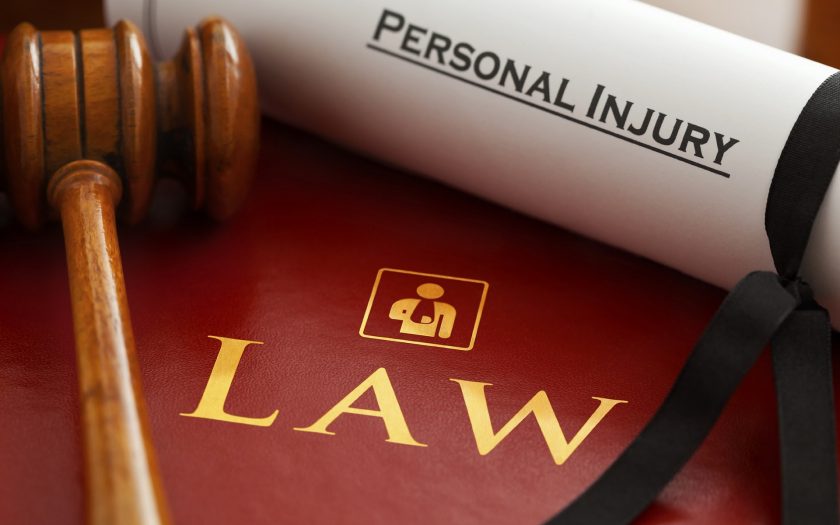
 Car accidents are one of the most common types of personal injury cases. They can occur due to various factors, such as distracted driving, speeding, or drunk driving. When a car accident happens, it can result in severe injuries and property damage. In these cases, determining liability is crucial. Insurance companies and legal professionals investigate the accident’s circumstances to determine who is at fault. This process involves gathering evidence such as police reports, witness testimonies, and medical records. Victims of car accidents often suffer from injuries like whiplash, broken bones, or even traumatic brain injuries. If you know someone who needs a great personal injury lawyer, you should check out south carolina personal injury laywer.
Car accidents are one of the most common types of personal injury cases. They can occur due to various factors, such as distracted driving, speeding, or drunk driving. When a car accident happens, it can result in severe injuries and property damage. In these cases, determining liability is crucial. Insurance companies and legal professionals investigate the accident’s circumstances to determine who is at fault. This process involves gathering evidence such as police reports, witness testimonies, and medical records. Victims of car accidents often suffer from injuries like whiplash, broken bones, or even traumatic brain injuries. If you know someone who needs a great personal injury lawyer, you should check out south carolina personal injury laywer. Slip and fall accidents are more common than you might think. They can happen anywhere, from a grocery store to a friend’s house. These types of accidents occur when someone trips or slips on a hazardous surface and injures themselves. One common cause of slip and fall accidents is wet or slippery floors. These conditions can lead to serious injuries if not properly addressed, whether it’s due to spilled liquid, freshly mopped surfaces, or even ice during the winter months. Uneven surfaces also pose a significant risk for slip and fall accidents. Cracked sidewalks, potholes in parking lots, or uneven steps can easily catch someone off guard and cause them to lose their balance.
Slip and fall accidents are more common than you might think. They can happen anywhere, from a grocery store to a friend’s house. These types of accidents occur when someone trips or slips on a hazardous surface and injures themselves. One common cause of slip and fall accidents is wet or slippery floors. These conditions can lead to serious injuries if not properly addressed, whether it’s due to spilled liquid, freshly mopped surfaces, or even ice during the winter months. Uneven surfaces also pose a significant risk for slip and fall accidents. Cracked sidewalks, potholes in parking lots, or uneven steps can easily catch someone off guard and cause them to lose their balance. When we seek medical attention, we trust that healthcare professionals will provide us with the best care possible. Unfortunately, there are instances where this doesn’t happen, leading to medical malpractice cases. These cases occur when a healthcare provider fails to meet the expected standard of care and causes harm or injury to a patient. One common type of medical malpractice is misdiagnosis or delayed diagnosis. This occurs when a doctor fails to diagnose a condition accurately or takes too long to do so. The consequences can be severe, as it can result in delayed treatment and worsening of the disease.
When we seek medical attention, we trust that healthcare professionals will provide us with the best care possible. Unfortunately, there are instances where this doesn’t happen, leading to medical malpractice cases. These cases occur when a healthcare provider fails to meet the expected standard of care and causes harm or injury to a patient. One common type of medical malpractice is misdiagnosis or delayed diagnosis. This occurs when a doctor fails to diagnose a condition accurately or takes too long to do so. The consequences can be severe, as it can result in delayed treatment and worsening of the disease.
 When it comes to criminal charges, the stakes are high, this is the consequences can be life-altering. A lawyer specializing in criminal law can guide you through every step of the legal process, from understanding your rights during arrest and questioning to building a strong defense strategy. They will analyze the evidence against you, identify any potential weaknesses or inconsistencies, and work tirelessly to protect your interests.
When it comes to criminal charges, the stakes are high, this is the consequences can be life-altering. A lawyer specializing in criminal law can guide you through every step of the legal process, from understanding your rights during arrest and questioning to building a strong defense strategy. They will analyze the evidence against you, identify any potential weaknesses or inconsistencies, and work tirelessly to protect your interests. When it comes to estate planning and probate, seeking a lawyer’s expertise is crucial. This legal situation involves making arrangements for what happens to your assets, property, and even children after you pass away. Estate planning allows you to determine how your assets will be distributed upon your death. A
When it comes to estate planning and probate, seeking a lawyer’s expertise is crucial. This legal situation involves making arrangements for what happens to your assets, property, and even children after you pass away. Estate planning allows you to determine how your assets will be distributed upon your death. A 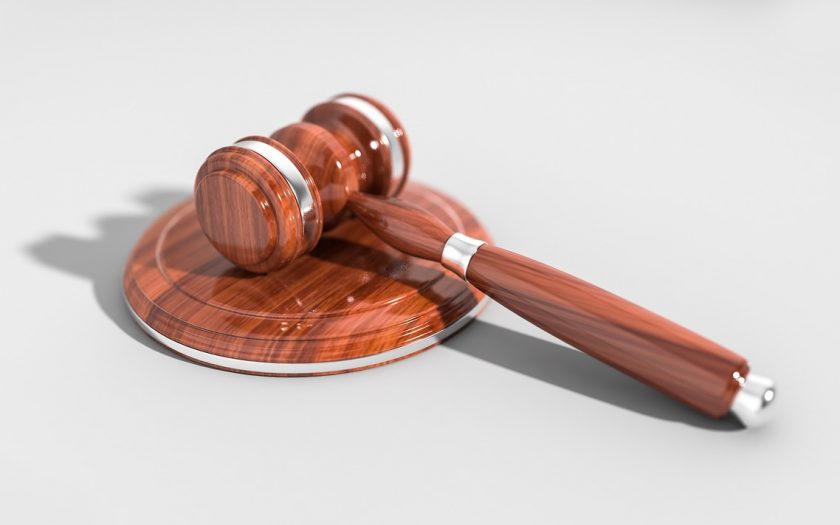
 Athletes, like any other worker, are subject to labor law. This means they have certain rights and protections as employees of a team or organization. For instance, athletes should be aware of wage-and-hour laws, collective bargaining agreements, contract disputes, and anti-discrimination laws when it comes to employment. In the United States, the National Labor Relations Board is the agency in charge of protecting employee rights.
Athletes, like any other worker, are subject to labor law. This means they have certain rights and protections as employees of a team or organization. For instance, athletes should be aware of wage-and-hour laws, collective bargaining agreements, contract disputes, and anti-discrimination laws when it comes to employment. In the United States, the National Labor Relations Board is the agency in charge of protecting employee rights. Of course, we can’t end the list without mentioning the most common issue of all — contract issues. Every athlete must understand the laws and regulations surrounding contracts, including those related to employment contracts, endorsement agreements, and even television broadcast schedules. It’s a must for athletes to review all contracts carefully before signing anything and make sure that they understand their rights and obligations under the contract.
Of course, we can’t end the list without mentioning the most common issue of all — contract issues. Every athlete must understand the laws and regulations surrounding contracts, including those related to employment contracts, endorsement agreements, and even television broadcast schedules. It’s a must for athletes to review all contracts carefully before signing anything and make sure that they understand their rights and obligations under the contract.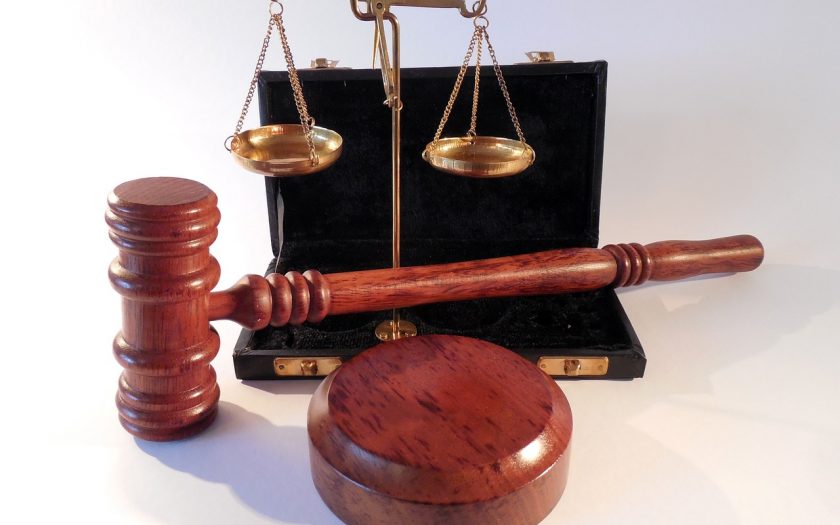
 The most important thing you can do as a musician is to get everything in writing. This includes contracts, agreements, and other legal documents that will help ensure that both parties understand their arrangement’s terms. Be sure to read any documents carefully before signing them and ensure you are comfortable with all the conditions and stipulations. Additionally, discuss any questions or concerns you may have with the other party.
The most important thing you can do as a musician is to get everything in writing. This includes contracts, agreements, and other legal documents that will help ensure that both parties understand their arrangement’s terms. Be sure to read any documents carefully before signing them and ensure you are comfortable with all the conditions and stipulations. Additionally, discuss any questions or concerns you may have with the other party.
 One of the most important reasons artists need lawyers is to review contracts. Contracts contain legally-binding terms that both parties must adhere to, and artists need to have a lawyer check over any contracts they sign before agreeing to them. A
One of the most important reasons artists need lawyers is to review contracts. Contracts contain legally-binding terms that both parties must adhere to, and artists need to have a lawyer check over any contracts they sign before agreeing to them. A  Finally, artists need lawyers when negotiating licensing agreements. Licensing agreements allow an artist to use another party’s work, such as a song or artwork, for their own projects. Artist needs to have a lawyer review any licensing agreements they enter into so that they are aware of the full extent of their rights and responsibilities. A lawyer can also help negotiate better deals with the other party.
Finally, artists need lawyers when negotiating licensing agreements. Licensing agreements allow an artist to use another party’s work, such as a song or artwork, for their own projects. Artist needs to have a lawyer review any licensing agreements they enter into so that they are aware of the full extent of their rights and responsibilities. A lawyer can also help negotiate better deals with the other party.
 One of the most important things that you can do when choosing a bankruptcy lawyer is to check their references. It would be best if you asked other lawyers, financial advisors, and friends or family members who have undergone bankruptcy proceedings before. This will help you better understand what to expect from your lawyer and whether or not they are someone you can trust. This will also be better because you can ask follow-up questions to get more information. Many people fail to do this because they assume that all lawyers are the same.
One of the most important things that you can do when choosing a bankruptcy lawyer is to check their references. It would be best if you asked other lawyers, financial advisors, and friends or family members who have undergone bankruptcy proceedings before. This will help you better understand what to expect from your lawyer and whether or not they are someone you can trust. This will also be better because you can ask follow-up questions to get more information. Many people fail to do this because they assume that all lawyers are the same. The third and last mistake to avoid is choosing a lawyer with no experience. This is a huge mistake because you want to make sure that your lawyer knows what they are doing. If you choose a lawyer with no experience, they will not be able to help you as much as someone who does. This is why it is so important to take the time to find a lawyer who has plenty of experience in handling bankruptcy cases. You can find this information by asking around or by looking online.
The third and last mistake to avoid is choosing a lawyer with no experience. This is a huge mistake because you want to make sure that your lawyer knows what they are doing. If you choose a lawyer with no experience, they will not be able to help you as much as someone who does. This is why it is so important to take the time to find a lawyer who has plenty of experience in handling bankruptcy cases. You can find this information by asking around or by looking online.
 Track Record
Track Record Communication Skills
Communication Skills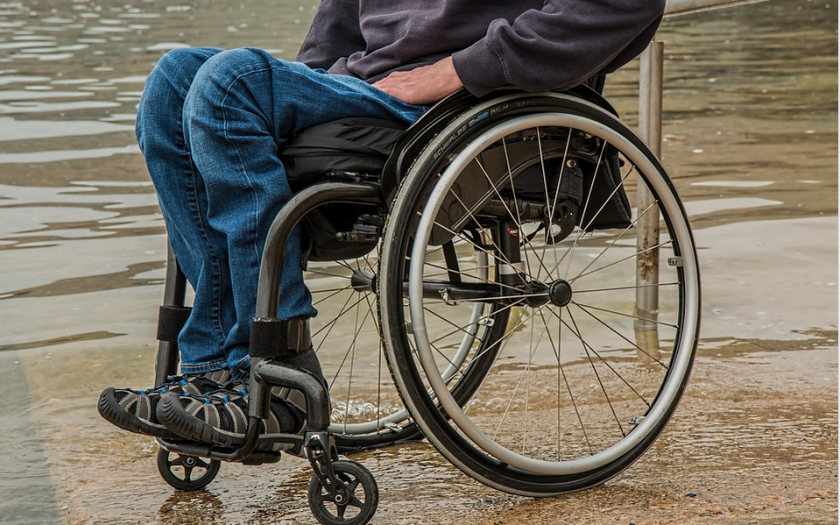
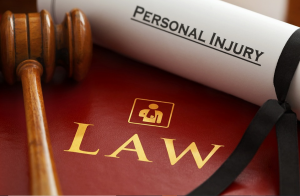 When hiring a personal injury attorney, you need to seek one with experience in injury law and concentrates their work on injury law. For instance, when you have a severe knee injury, you cannot consult a primary care physician for surgery. Instead, you visit an orthopedic specialist. Therefore, as you select a lawyer, you need to hire an experienced injury lawyer who focuses on that line.
When hiring a personal injury attorney, you need to seek one with experience in injury law and concentrates their work on injury law. For instance, when you have a severe knee injury, you cannot consult a primary care physician for surgery. Instead, you visit an orthopedic specialist. Therefore, as you select a lawyer, you need to hire an experienced injury lawyer who focuses on that line. Most
Most  In personal injury cases, you work closely with the lawyer because it is an important matter. You will need to open up to the attorney on all aspects of the recovery and injury, including potentially embarrassing details. Therefore, you need a trustworthy attorney that you can be comfortable with in the course of the case. Meeting the lawyer in person is the best way to vet them.
In personal injury cases, you work closely with the lawyer because it is an important matter. You will need to open up to the attorney on all aspects of the recovery and injury, including potentially embarrassing details. Therefore, you need a trustworthy attorney that you can be comfortable with in the course of the case. Meeting the lawyer in person is the best way to vet them.


 If you are looking to file bankruptcy, for example, then you need to find a bankruptcy lawyer. If you are being charged with a crime, you would want a lawyer who does criminal law or criminal defense. If you are getting a divorce, child custody and alimony, and other family matters, you should look for someone who practices family law. If you have issues with an employee or employer, then employment law attorney. If you get caught in car accident, get bitten by a dog, or slip and fall in the mall, you will need someone who knows personal injury law.
If you are looking to file bankruptcy, for example, then you need to find a bankruptcy lawyer. If you are being charged with a crime, you would want a lawyer who does criminal law or criminal defense. If you are getting a divorce, child custody and alimony, and other family matters, you should look for someone who practices family law. If you have issues with an employee or employer, then employment law attorney. If you get caught in car accident, get bitten by a dog, or slip and fall in the mall, you will need someone who knows personal injury law. Ask your family and friends who did they hire to represent them in their legal matter. Make sure it is a matter that is similar to yours because lawyers specialize in different types of cases. Ask them who did they hire and whether they were satisfied. Did the attorney return their phone calls? Was the satisfaction high? You should not have to settle for anything less. You can ask for feedback from these people about their experiences with the lawyer.
Ask your family and friends who did they hire to represent them in their legal matter. Make sure it is a matter that is similar to yours because lawyers specialize in different types of cases. Ask them who did they hire and whether they were satisfied. Did the attorney return their phone calls? Was the satisfaction high? You should not have to settle for anything less. You can ask for feedback from these people about their experiences with the lawyer.
 Just like any other industry, it is advisable to understand that law is specialized. The days when one lawyer could practice every type of law are gone. In other words, it is advisable to know that the law changes too quickly, and that is why you are likely to find different types of lawyers. When you want an
Just like any other industry, it is advisable to understand that law is specialized. The days when one lawyer could practice every type of law are gone. In other words, it is advisable to know that the law changes too quickly, and that is why you are likely to find different types of lawyers. When you want an  The next essential factor is to ask for recommendations from different people that you trust. You can ask your close friends or your family members if they have hired attorneys or they have lawyers as friends. Take your time to find out if they were pleased with the services they received. Based on the remarks you will get, take your time to investigate before making your final decision. In doing this, you will land on a certified attorney.
The next essential factor is to ask for recommendations from different people that you trust. You can ask your close friends or your family members if they have hired attorneys or they have lawyers as friends. Take your time to find out if they were pleased with the services they received. Based on the remarks you will get, take your time to investigate before making your final decision. In doing this, you will land on a certified attorney.



 Focus and Experience
Focus and Experience

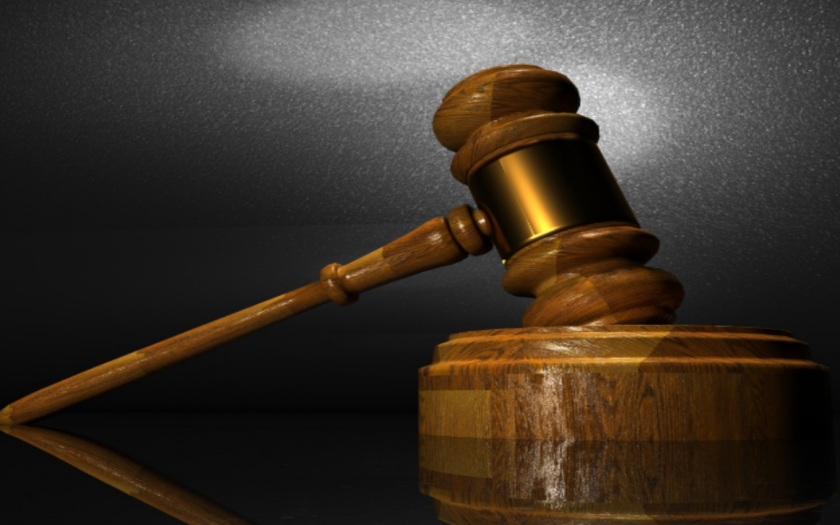




 When you choose to hire a criminal lawyer, your case will be handled b experienced professionals. Therefore, it is necessary that you hire a criminal attorney who has experience in handling such cases. A lawyer with experience will know how to handle your case to see it end successfully. The experience that the lawyer has will help in ensuring that the lawyer can handle any concerns that may arise.
When you choose to hire a criminal lawyer, your case will be handled b experienced professionals. Therefore, it is necessary that you hire a criminal attorney who has experience in handling such cases. A lawyer with experience will know how to handle your case to see it end successfully. The experience that the lawyer has will help in ensuring that the lawyer can handle any concerns that may arise.